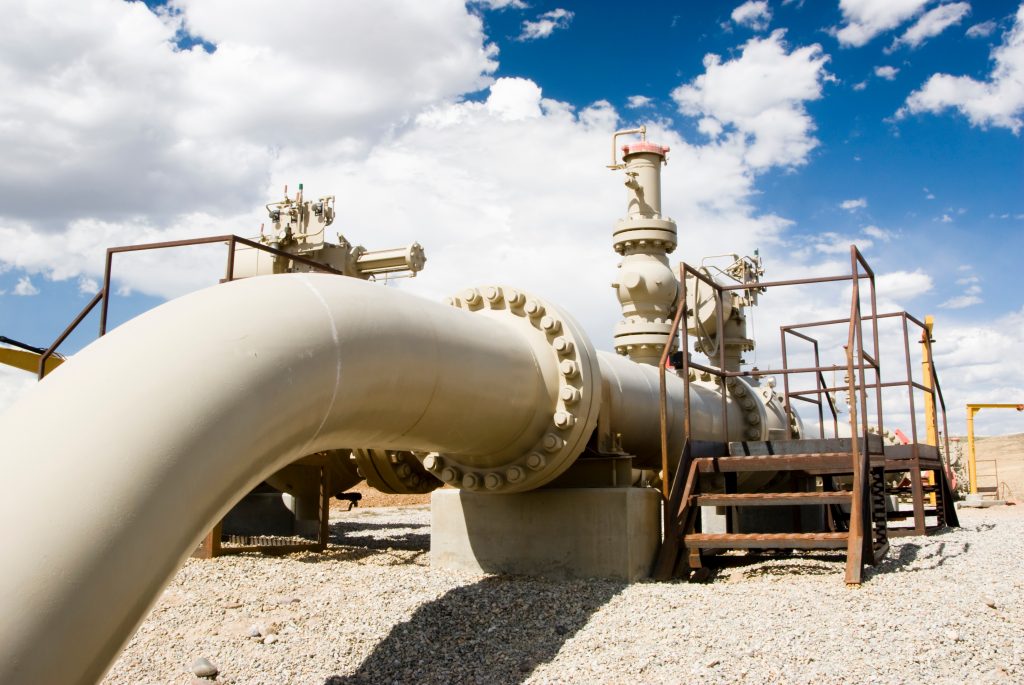The decision to use natural gas in your home depends on various factors including availability, cost, energy efficiency, and environmental concerns. Natural gas is known for being a relatively efficient and affordable fuel source for heating, cooking, and powering appliances. It often costs less compared to electricity, especially in regions where natural gas is readily available. In terms of performance, natural gas stoves and heating systems tend to heat more quickly and evenly than their electric counterparts. However, there are environmental considerations as well. Though cleaner-burning compared to oil or coal, natural gas is still a fossil fuel and contributes to greenhouse gas emissions. In areas where electricity is primarily generated from renewable sources, using electricity might be a more environmentally friendly option. Additionally, some individuals choose not to use natural gas due to concerns about potential gas leaks and indoor air quality. With the growing focus on sustainability, many people are also considering transitioning to alternative energy sources such as solar or geothermal. In conclusion, the choice to use natural gas in your home should be based on careful consideration of the factors such as cost, efficiency, environmental impact, and personal preferences.

Yes, many homes and businesses can switch to natural gas if it is available in their area. Contact your local utility company to find out if natural gas is available and to learn about the installation process.
Peace Power offers a fixed rate and variable rate plan for natural gas. The variable rate plan comes in at +$0.89 over the spot price and the fixed rate is $3.49/GJ. To get a live quote, visit https://peacepower.ca/live-quote/
Yes, there are several ways to conserve natural gas and reduce energy bills. Tips may include adjusting thermostat settings, insulating your home, using energy-efficient appliances, and performing regular maintenance on gas equipment.
Natural gas and propane are not the same, but they are similar. Both are types of fuel that can be used for heating, cooking, and in some vehicles. The main difference is how they are stored and delivered. Natural gas is usually brought to homes through pipes, while propane is often delivered in tanks. Propane is also stored as a liquid, but natural gas is stored as a gas. They burn a bit differently too, so appliances made for natural gas usually can’t use propane, and vice versa.
Natural gas stoves, like any appliance that uses gas, need to be used carefully. If they are not maintained well or if they are used incorrectly, they can be dangerous. The main risks are gas leaks and carbon monoxide poisoning. Gas leaks can happen if the stove or the gas lines are damaged or not connected properly. Carbon monoxide is a gas that you can’t see or smell, but it can be harmful if there’s a lot of it in the air. This can happen if the stove is not burning the gas completely. To stay safe, it’s important to have good ventilation in the kitchen, regularly check the stove and gas lines, and have a carbon monoxide detector in your home.
As of now, the United States is the largest exporter of natural gas in the world. The U.S. has a lot of natural gas reserves and has increased its production and export over the years. Other big exporters include countries like Russia and Qatar. The amounts can change based on how much natural gas these countries produce and how much other countries need.
Links